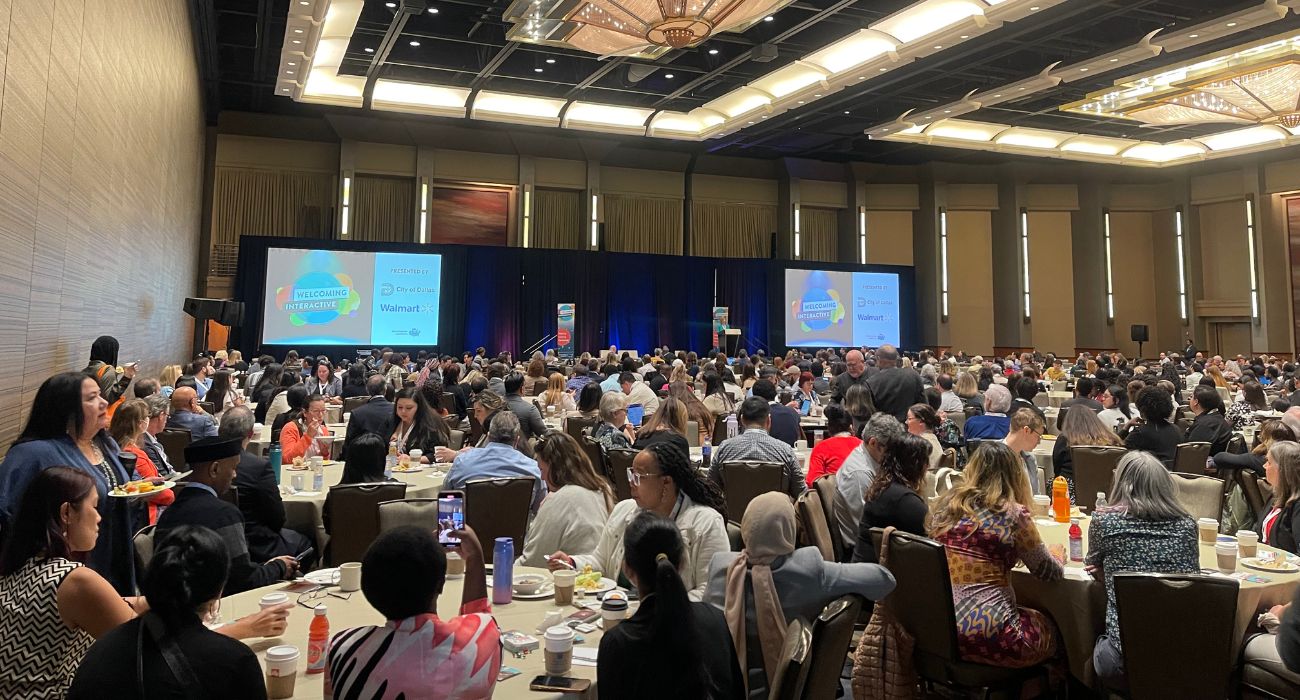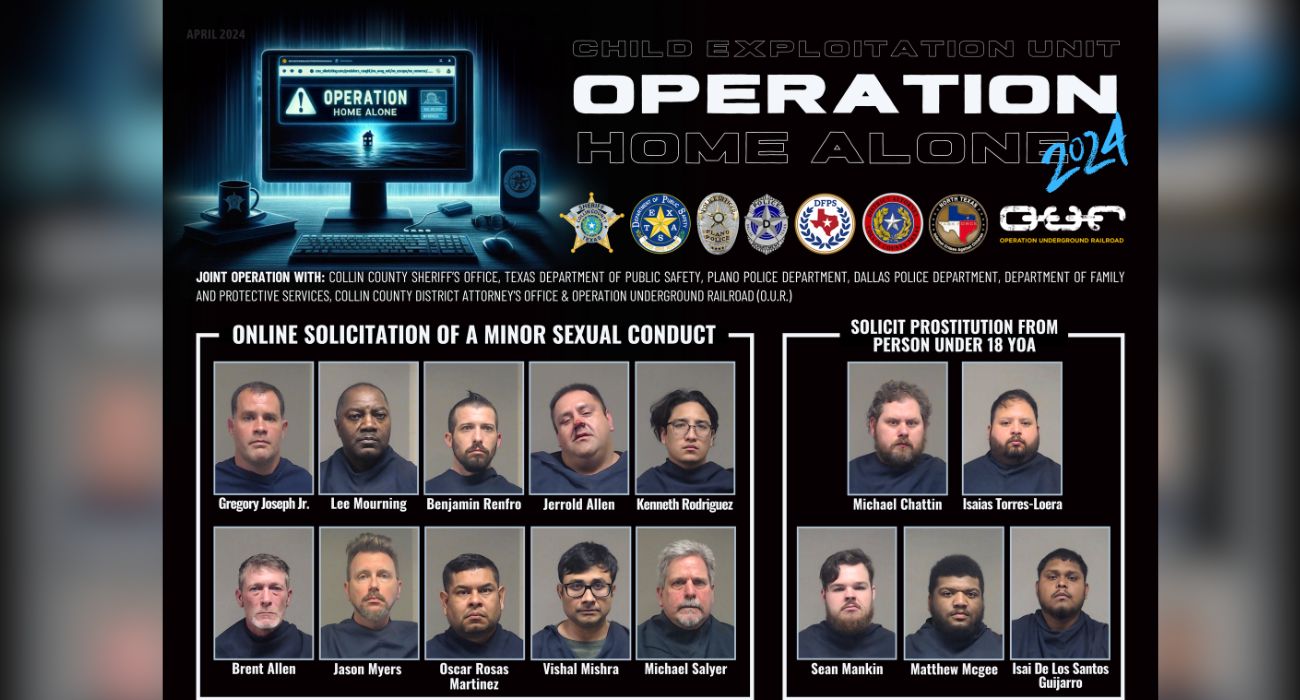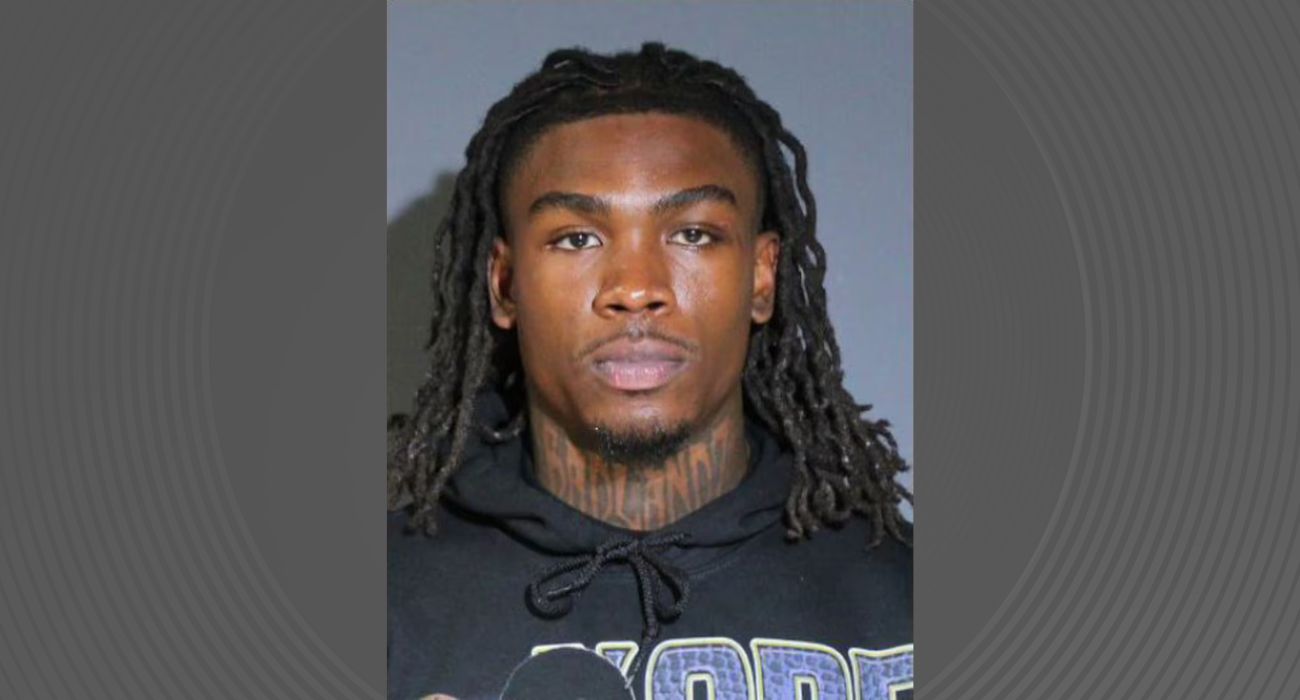A Dallas real estate developer sentenced to federal prison in November had his sentence vacated by an appeals court Tuesday. The case involved two former Dallas City Council members, including Dwaine Caraway.
Ruel Hamilton was convicted on “mere gratuities” when found guilty of bribery, according to a ruling by the Fifth Circuit Court of Appeals. The appeals court determined that the federal court trying his case had given improper instructions to jurors, which led to the conviction.
In his two-week trial last year, evidence allegedly revealed that from 2013 to 2015, Hamilton gave “more than $40,000 in cash and things of value to Carolyn Davis, the late former head of the city’s housing committee,” and that in 2018 he “gave a $7,000 personal check to former councilman Dwaine Caraway.”
Jurors determined that both Davis and Caraway took the money in exchange for promises to assist Hamilton politically and with getting his “affordable housing” projects approved.
Davis died in a car accident in 2019 but had previously pleaded guilty to taking bribes.
Caraway was convicted and originally sentenced to 56 months in prison for accepting $450,000 in bribes from promoters of a school bus stop-arm camera system. His sentence was reduced by five months after testifying against Hamilton last summer.
The former councilman was ultimately granted early release on February 7 after serving time at the Big Spring Federal Correction Institution.
At issue in Hamilton’s conviction was the set of instructions given to the jury regarding whether his bribery charges required evidence of a “quid pro quo.” A quid pro quo is an exchange of money or gifts in return for something.
During the trial, the court determined that the charges required proof of a quid pro quo. But Hamilton’s trial court did not explain this requirement to the jury.
Hamilton was convicted in June 2021 and sentenced to eight years in prison the following November.
The court of appeals ruled that “the lack of such a quid pro quo instruction rendered the jury instructions unclear, as the jurors were permitted to convict on an illegal-gratuity theory that does not exist” in the bribery statute under which Hamilton was charged.
“That is enough to justify vacating Hamilton’s conviction,” the appeals court wrote.
The Fifth Circuit ruled that the bribery statute “criminalizes quid pro quo, not mere gratuities. The district court’s instruction allowed the jury to convict based on mere gratuities.”
Hamilton was originally required to report to prison on March 29 of this year but was granted a delay to recover from heart surgery.
It was unclear Wednesday whether a new report date had been scheduled for Hamilton before Tuesday’s ruling.
Hamilton was not in custody as of Wednesday morning, according to online records for the federal Bureau of Prisons. No information was available as to further proceedings regarding the case.







Sounds like more bribery is involved. I wonder how much the judges on the court of appeals received. Caraway got 56 months in prison but it was reduced to five months after testifying against Hamilton? Hamilton was convicted and sentenanced to eight years but today he’s a free man. I wonder if Caraway claimed and paid taxes on the $450,000 bribes that he received.
It was reduced BY 5 months for testifying . Not TO 5 months
With the amount of money involved for the developers, the penalties are not near high enough to deter the criminal activity. I’d rather see the bribers taken to task to prevent others – head on a pike concept – 10 years mandatory w/o parole and working cleaning up trash daily. Publicity about council members convicted of taking bribes should end their terms unless voters are just ignorant.